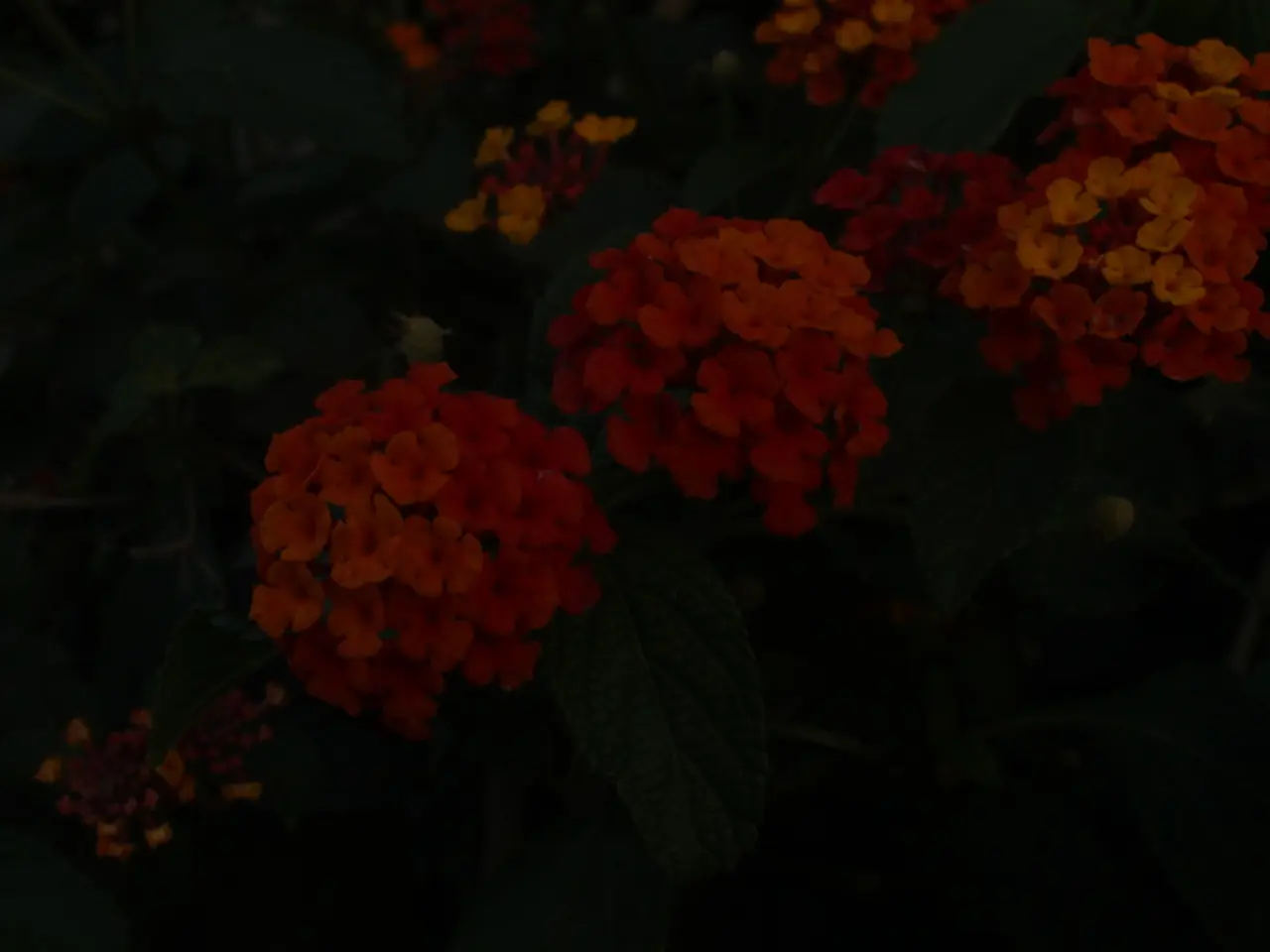Increased regulations set by Kebs significantly impact Kenya's flourishing floriculture sector
================================================================================
The Kenya Bureau of Standards (Kebs) has imposed a 2% Standards Levy on flower exporters, a move that is being criticised as misguided, disproportionate, and economically damaging. The levy, applied broadly to manufacturers, including floriculture exporters, is considered a significant financial burden for the sector, which is fundamentally agricultural in nature.
The levy impacts the competitiveness and growth of the floriculture sector by cutting directly into the working capital of exporters, reducing available funds for paying wages, investing in sustainability, and other growth activities. It also adds to an already heavy regulatory burden, threatening to stifle growth and erode the sector’s success.
In comparison to other agricultural sub-sectors, the floriculture industry is more heavily regulated and taxed. The sector, regarded as a "jewel" in Kenya’s agricultural crown due to its export value, now risks losing competitiveness due to this additional financial imposition that is not evidently grounded in sector-specific standards enforcement.
The justification for the levy is unclear and not explicitly provided by Kebs. The levy is based on gross sales, not profit, making it particularly punitive for flower exporters operating in volatile global markets. The levy could choke the growth of the floriculture industry, which uplifts rural economies, earns foreign exchange, and puts Kenya on the global map.
Kebs must rescind or suspend the application of the standards levy to floriculture until a full regulatory impact assessment is conducted with industry stakeholders. Any levy must be tied to measurable service delivery, with Kebs providing tangible, value-adding services instead of blanket taxation.
The floriculture sector, which employs over 200,000 people and earns over Sh100 billion in export revenue annually, carries the Kenyan brand to global markets. It deserves a policy environment that enables, not penalizes its growth. The government must clarify that basic agricultural post-harvest handling does not constitute manufacturing and should not be subjected to levies designed for factories.
Rival floriculture hubs in Ethiopia and Colombia are streamlining their export models and slashing bureaucratic red tape, while Kenya's growers negotiate an increasingly hostile operating environment. Buyers from Europe and Asia may begin diverting orders towards more cost-effective supply chains, which could jeopardize Kenya’s position as a global leader in cut flower exports.
Mr. Tulezi, the chief executive officer of the Kenya Flower Council, has emphasised the need for a policy environment that supports the growth of the sector. The floriculture industry is not a manufacturing sector but an agricultural one, growing fresh-cut flowers for export. Exporters argue that multiple charges, including county cess fees, export levies, phytosanitary certification costs, water usage rates, and licensing fees from various environmental and trade bodies, collectively create a regulatory disadvantage.
In conclusion, the 2% levy is a significant financial burden for mid-sized flower exporters, with a Sh10 million annual cost for one with Sh500 million in annual turnover. The levy, if not addressed, could lead to a shift in global demand away from Kenya, potentially undermining Kenya’s position in the global floriculture market.
- The imposition of the 2% Standards Levy on floriculture exporters, a move considered detrimental, aligns with the general-news category in the epaper.
- The levy's impact on the floriculture sector's competitiveness and growth, particularly related to business and finance, mirrors the topics in the sector of education-and-self-development, as the sector's success is stifled by excessive regulations.
- The levy's effect on the floriculture industry's rural economies, foreign exchange earnings, and global reputation can be found in the general-news and sports sections, as the sector contributes significantly to Kenya's economy and international standing.
- The weather section could cover potential consequences, such as the repercussions of the levy on the floriculture sector's ability to withstand weather-related challenges due to reduced funds for investing in sustainability.
- The casino-and-gambling section, while seemingly unrelated, could provide an analogy for the levy, highlighting the risk it poses to the floriculture industry's growth and the possible "house always wins" scenario if the levy is not addressed, leading to a shift in global demand away from Kenya.




